
The research portfolio director at the Muscular Dystrophy Association discussed how ongoing advances in ALS research may inform therapeutic development approaches.

The research portfolio director at the Muscular Dystrophy Association discussed how ongoing advances in ALS research may inform therapeutic development approaches.

The professor of pediatric hematology/oncology at the University of Michigan Health discussed what clinics need in order to start administering Hemgenix effectively.

The chief research officer of the Muscular Dystrophy Association discussed emerging scientific priorities and community-driven initiatives shaping the organization's 2026 Clinical and Scientific Conference.

We showcased several key moments from our on the ground coverage of the 67th American Society of Hematology Annual Meeting and Exposition.

In this bonus episode of ImmunoLogic, the hosts discussed highlights from 2025, including some covered in previous episodes of the series.
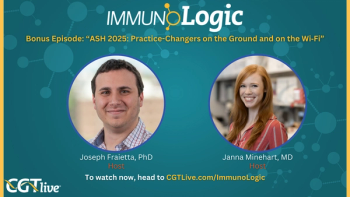
In this bonus episode of ImmunoLogic, the hosts discussed immunotherapy highlights from ASH's annual meeting.
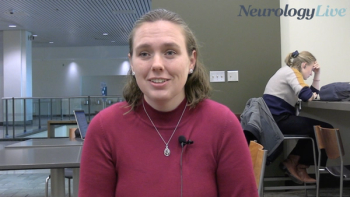
The genetic counselor at Johns Hopkins Hospital spoke on how cardiac genetics clinics are adopting alternative care models to broaden access to genetic testing and counseling.
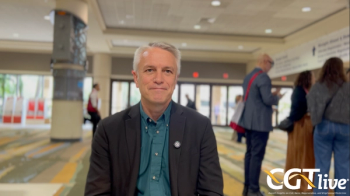
The professor of pediatric hematology/oncology at the University of Michigan Health also discussed open questions that remain for the future of the hemophilia B gene therapy.
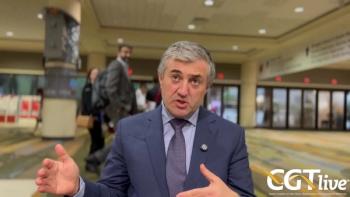
The chairman of the Division of Pediatric Hematology & Oncology and BMT at Cleveland Clinic Children's discussed learnings from the institutions integration of gene therapy for sickle cell disease.

The professor of pediatric hematology/oncology at the University of Michigan Health discussed the final results of the phase 3 study that evaluated the hemophilia B gene therapy.
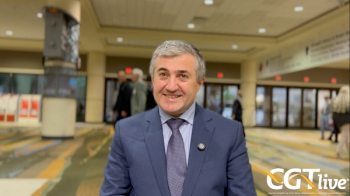
The chairman of the Division of Pediatric Hematology & Oncology and BMT at Cleveland Clinic Children's discussed results from the phase 1/2 RUBY trial he presented at ASH 2025.
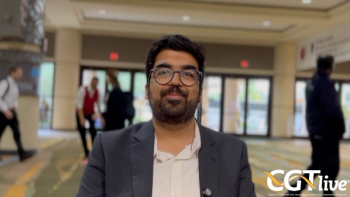
The internal medicine resident at SUNY Upstate Medical University Hospital discussed findings from a patient population traditionally excluded from clinical trials for CAR-T.
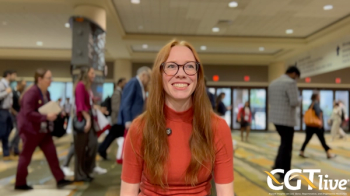
The clinical fellow in hematology/oncology at the University of Pennsylvania discussed several sessions she's excited about at the ASH Annual Meeting.
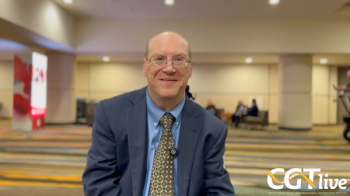
The associate staff member at the Cleveland Clinic discussed the institution's experience with integrating use of exa-cel and lovo-cel.
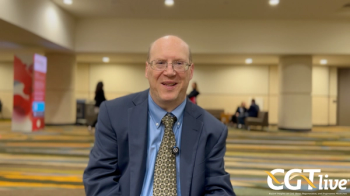
The associate staff member at the Cleveland Clinic discussed a study he presented at ASH’s 2025 Annual Meeting.
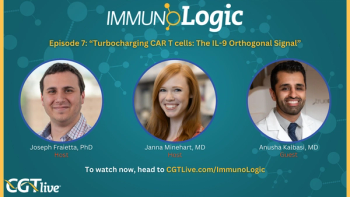
In episode 7 of ImmunoLogic, Anusha Kalbasi, MD, discussed his research on the use of IL-9 to enhance CAR-T efficacy.
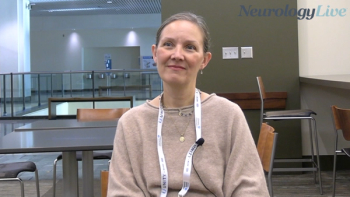
The research director at the Clinic for Special Children discussed how screening at-risk patients can speed up diagnosis and treatment of spinal muscular atrophy.
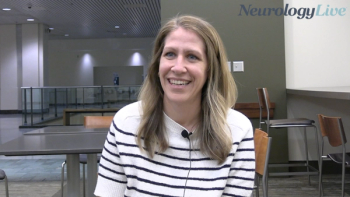
The genetic counselor in the Department of Ophthalmology at the University of Pittsburgh Medical Center discussed the growing role of genetic counselors in guiding patients undergoing gene therapy.
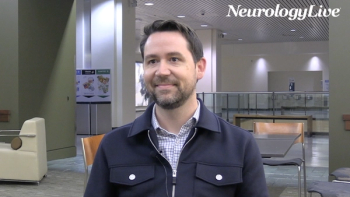
The vice president of Rare Disease Strategy at Worldwide Clinical Trials discussed the increasing importance of genetic counselors in clinical trials with regard to design, execution, and interpretation.
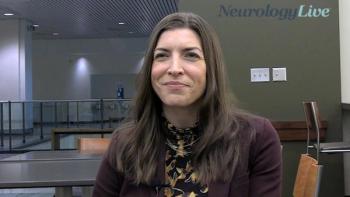
The president of the National Society of Genetic Counselors discussed AI and gene therapy, which constituted key topics at NSGC's annual conference this year.
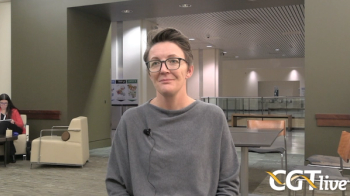
The senior director of research and real world data at Genome Medical discussed multiple perspectives on how AI may take over some of the roles of genetic counselors in the future.
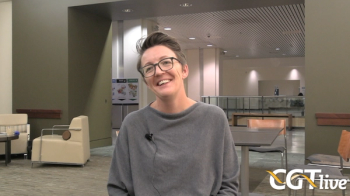
The senior director of research and real world data at Genome Medical discussed important considerations for genetic counselors thinking about using AI tools in their practice.

The senior director of research and real world data at Genome Medical discussed a session she chaired at the NSGC Annual Conference.
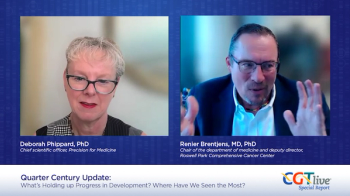
Deborah Phippard, PhD, and Renier Brentjens, MD, PhD, discussed how AI will affect cell and gene therapy research and practice.
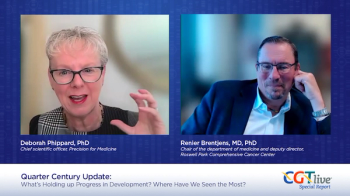
Deborah Phippard, PhD, shared her thoughts with Renier Brentjens, MD, PhD, on reducing costs for cell and gene therapy products.
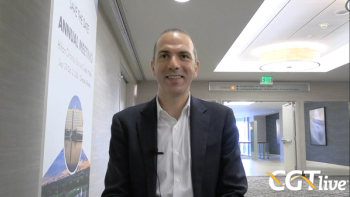
The chief medical and development officer of Kyverna Therapeutics went over new data the company presented at AANEM’s 2025 meeting.
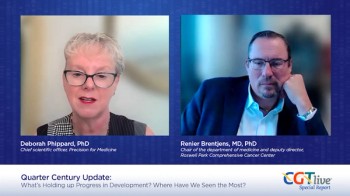
Deborah Phippard, PhD, and Renier Brentjens, MD, PhD, shared their thoughts on the future of cell and gene therapy.
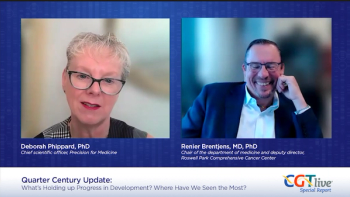
Deborah Phippard, PhD, shared her thoughts with Renier Brentjens, MD, PhD, about the importance of big wins for cell and gene therapy research.
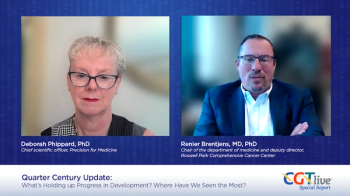
Deborah Phippard, PhD, and Renier Brentjens, MD, PhD, shared advice for young scientists entering the cell and gene therapy field.
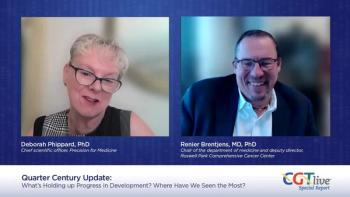
Deborah Phippard, PhD, and Renier Brentjens, MD, PhD, discussed the unpredictability of "living drugs" in the human body and the ongoing development of understanding.